What is Precision Agriculture? Components & Advantages of Precision Farming
Table of Content
Technology has upgraded almost every aspect of our lives. Agriculture is no exception to this as crop production has increased due to innovative irrigation techniques and advanced machinery. It has also minimised waste and generated more income. One such progressive technology is ‘Progressive Farming’. In this post, Indian farmers will be able to learn about:
-
Meaning of precision agriculture
-
Components of precision agriculture
-
Advantages of precision agriculture
Precision Farming- What Does It Mean?

Precision farming is used to optimize crop production and reduce waste. It includes the use of advanced technologies and data analysis.
-
Precision Farming examples involve implementing smart farming technologies to meet the specific requirements of individual plots and crops.
-
Use of Sensors, GPS mapping, and drones to gather information in Precision Farming.
-
Using advanced algorithms to create specific and effective approaches for managing crop production in Precision Farming.
-
Indian farmers have many mouths to feed. India is also contributing to the global agriculture industry by importing crops.
Adopting inventive techniques that are capable of delivering more with the least effort. Precision Agriculture is one such technology. India's agriculture industry is facing a huge wastage challenge. According to a study by the Central Institute of Post-Harvest Engineering and Technology:
-
The annual value of post-harvest losses at the national level was around Rs. 92,651 crore during 2012-13. This accounted for 18% of the total value of agricultural production in the country.
-
Post-harvest losses for fruits and vegetables range from 6% to 18% in different stages of the supply chain. Also, losses of cereals and pulses are around 6% to 7%.
-
According to the Food and Agriculture Organization, about 40% wastage of fruits and vegetables is produced in India every year. This leads to a staggering amount of 35-40 million tons of food waste per year.
-
India needs improved post-harvest management practices and infrastructure. Precision agriculture is supportive of this motive only.
Components of Precision Farming In India

Have a look at the key components of precision farming.
-
Precision Agriculture relies on collecting large amounts of data. It includes crop health, soil conditions, weather patterns, and other relevant factors data.
-
It is important to manage and analyze the data as it needs to extract useful insights. Use of data analytics tools and algorithms to identify patterns and trends in the data.
-
Farmers can use decision support systems to make more informed decisions.
-
Use of Variable rate technology to apply inputs at the right time and in the right amount. It helps to optimize crop growth in precision agriculture.
-
Automation is becoming an important component of precision farming. Increasing use of autonomous vehicles, robots, and drones to perform agricultural tasks.
Precision Farming Benefits

When implemented, precision farming can bring tons of benefits to the farmers. Have a look at some of the prominent advantages of precision farming:
-
Precision farming allows farmers to apply inputs, such as water, fertilizer, and pesticides. Based on the specific needs of each crop and field, efficiency gets boosted.
-
Precision agriculture can help farmers achieve higher yields and better-quality crops. Achieving better yields by optimizing crop management practices.
-
Precision farming can help farmers save on input costs. It helps in reducing waste and optimizing resources. Optimizing labour costs such as fertilizer and pesticides, as well as labour costs.
-
Precision Agriculture involves collecting and analyzing large amounts of data. Collection of Data about crop health, soil conditions, and other relevant factors.
Make a Move Towards Better Farming
It’s high time that Indian farmers learn about advancements that can uplift and upgrade and shift to precision farming as it promotes efficient use of resources, and decision-making based on data.
Category
Read More Blogs
Commercial pearl farming is a profitable business idea in 2024. As the cultured pearl industry is changing rapidly in India, the demand for cultured pearls is also increasing day by day. However, major driving factors for pearl farming are new technologies and...
दोस्तों कैसा हो अगर आपको गेहूं पिसाने के लिए आटा चक्की जाने की जरूरत ना पड़े और आटा चक्की खुद ही आपके घर आकर गेहूं या अन्य चीजों को पीस दें और आप भारी वजन उठाने से भी बच जाएँ। हाँ...
Fertilizers of the right kind can help farmers to increase crop production. DAP or Diammonium Phosphate is one such fertilizer. Best known for its high nutrient content, DAP fertilizers promote crop growth naturally. Don’t know what all the wonders this fertilizer can...
Write Your Comment About What is Precision Agriculture? Components & Advantages of Precision Farming
.webp&w=1920&q=75)
Top searching blogs about Tractors and Agriculture
07 Jan 2026
18 Dec 2025
29 Jul 2025
08 Sep 2025
03 Jul 2025
30 Jul 2025
30 Jul 2025
30 Jul 2025
29 Jul 2025
30 Jul 2025
09 Feb 2026
31 Jul 2025
18 Dec 2025
26 Dec 2025






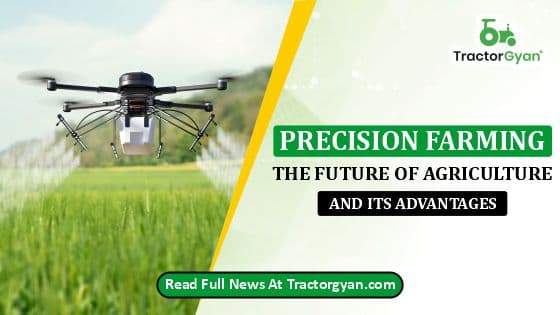

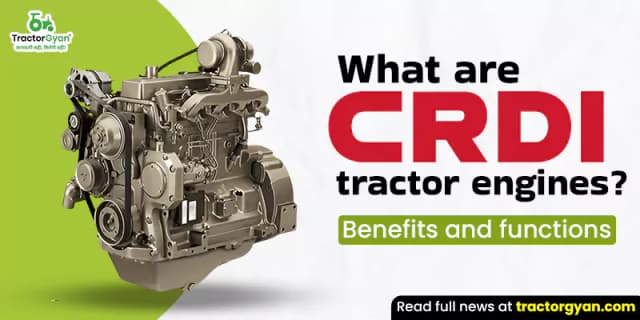



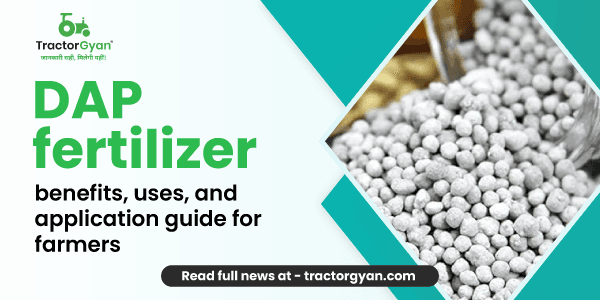
.webp&w=2048&q=75)
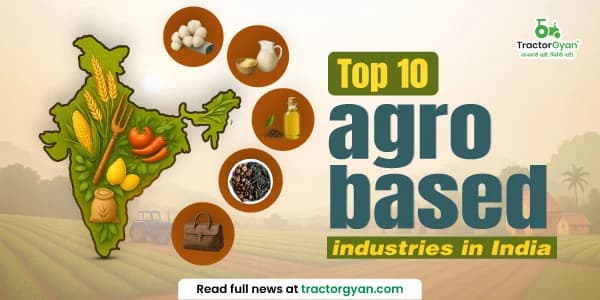
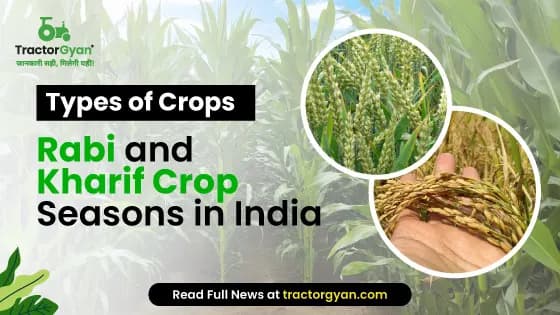
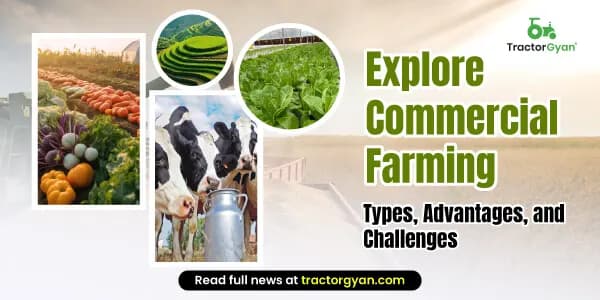
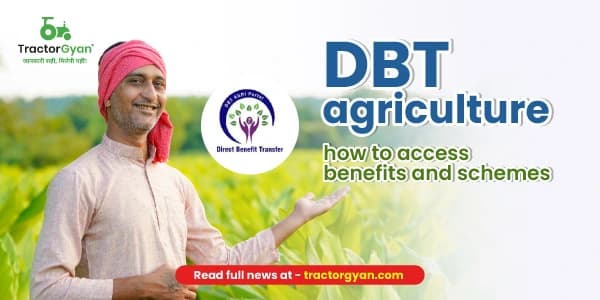
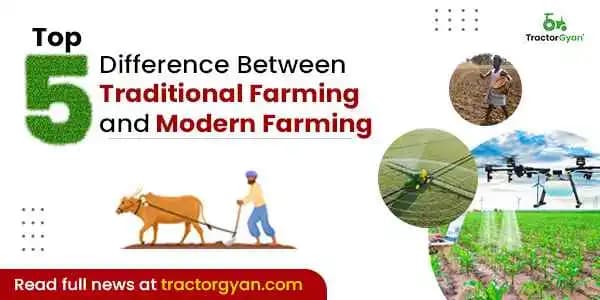
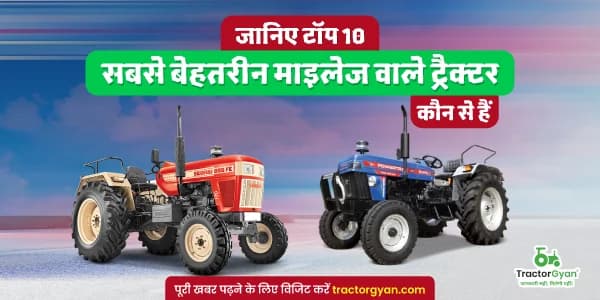



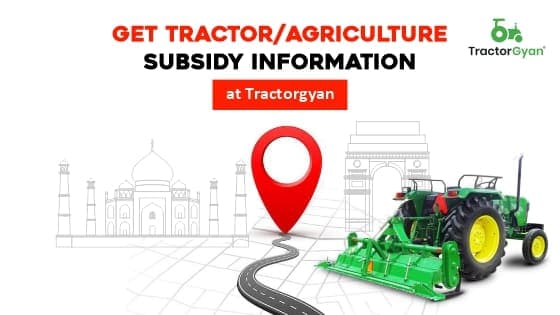
.webp&w=2048&q=75)
.webp&w=2048&q=75)




























